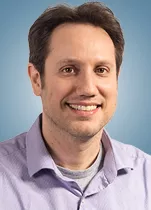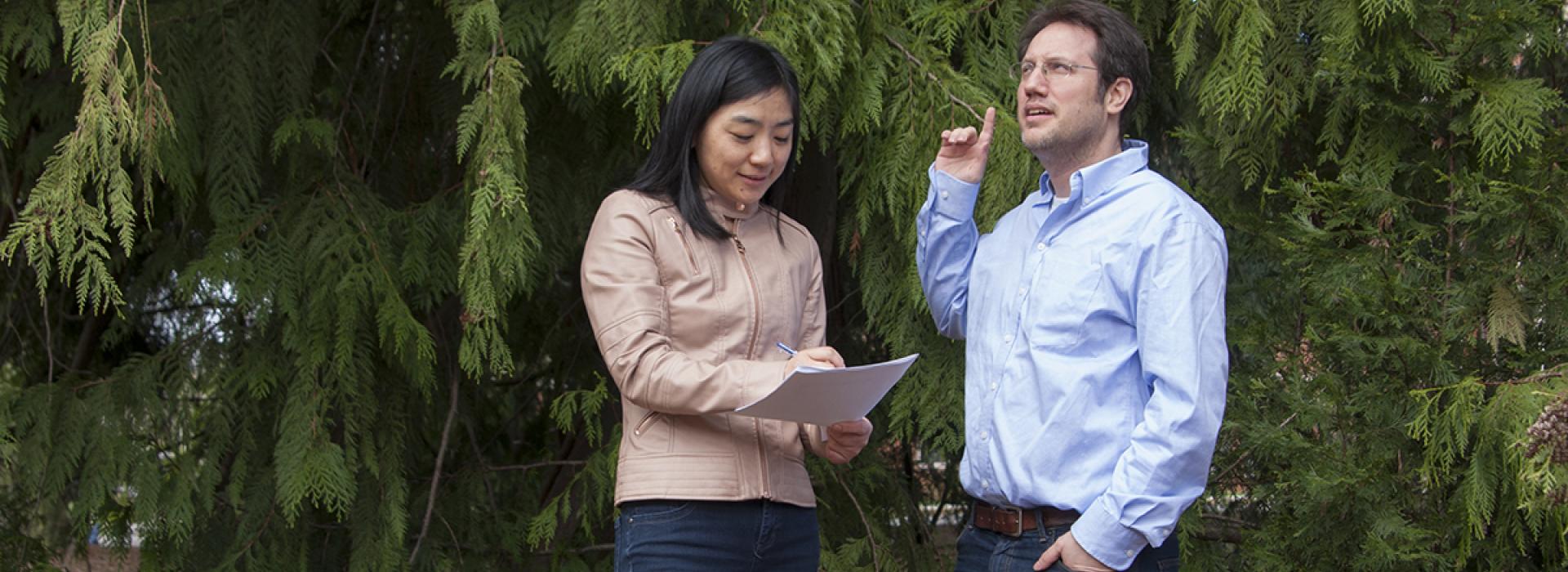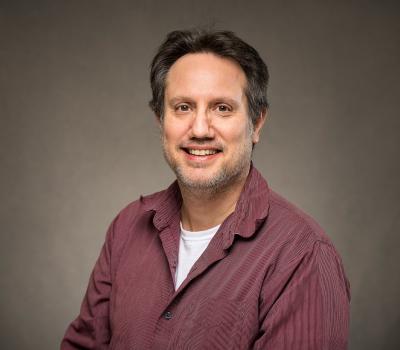
An early introduction to electronics was nearly a shocking experience for Raviv Raich. His uncle brought a calculator home to Israel from a trip to the U.S., and his dad replaced the power connector so that it would work with the local wiring.
“I was fascinated by this, so I took it to bed with me and almost got electrocuted because the wires were exposed! But my impression of electronics was that it was very exciting,” he says.
Raich remembers the era of emerging electronics — color TVs, Atari games and personal computers — as a fascinating time. And it didn’t take long before he was hooked on programming. When he reached his limit on what he could learn on his own, he took a summer course while other kids his age were hanging out at the pool.
But his interest in electronics eventually won out over computer science, and he received his undergraduate degree in electrical engineering at Tel-Aviv University in Israel. During his mandatory service in the military following graduation, he got the bug to pursue a master’s degree which he did in the evenings after his eight-to-five job with the Israel Defense Forces.
“I found what was interesting for me at that time was to wait till the end of the day and then rush back to the University and take more classes,” he says.
Although he has traveled widely now, his first venture out of Israel was to New Zealand where he and his wife intended to spend just a couple of months traveling and visiting with his wife’s family. The expected two months turned into an actual stay of two years when he just happened to find a job with the communications team of Industrial Research Ltd. that matched his research area in signal processing.
He enjoyed the time in New Zealand where they were able to spend a lot of time hiking the beautiful islands, but he soon realized that his dream was to be a professor which meant moving on. And although it was an unrealistic goal if he returned to Israel where there are only three universities, it was a possibility for him if he moved to the U.S.
“Seeing that the market in the U.S. is such that this could be not just a dream, but something I could work towards, was very exciting,” he says. After receiving his Ph.D. at Georgia Institute of Technology, and completing a post-doc at University of Michigan, he achieved his dream when he came to OSU in the Fall of 2007.
“I really like the research environment in academia where there is more freedom, but also opportunities to work with other people. I'm pretty excited about working with the graduate students and discussing research with them,” he says. “And teaching is very rewarding — there’s no better feeling than having a new graduate come back and tell you how they appreciated what you taught them.”
Because his research focuses on analyzing any form of signal — for example, sounds, biological signals such as electrocardiograms, and medical images like CT scans or MRIs — his findings have broad impact. One study that improved the analysis of blood samples to help detect different types of blood cancer, won a best paper award in the field of flow cytometry (a technique for examining microscopic particles).
“In that area it's proven to be a very novel and very exciting analysis of this kind of data, and to us it's been a great application that drives us to look at a different set of algorithms and techniques for analyzing data that we otherwise wouldn't have even come up with,” Raich says.
It is not just research that keeps him busy these days with two young children at home.
“I still like to hike, but only in principle,” he jokes. Now his leisure activities are focused on his children’s interests, such as Pokémon, Lego, or other games. But he has returned to practicing martial arts, which he did as a kid, and now his children have joined him in learning Pukulan Tjiminde (an Indonesian Kung Fu).
“We really enjoy our family time quite a lot,” he says. “They still like to play with us, and that cannot last long!”
—By Rachel Robertson

